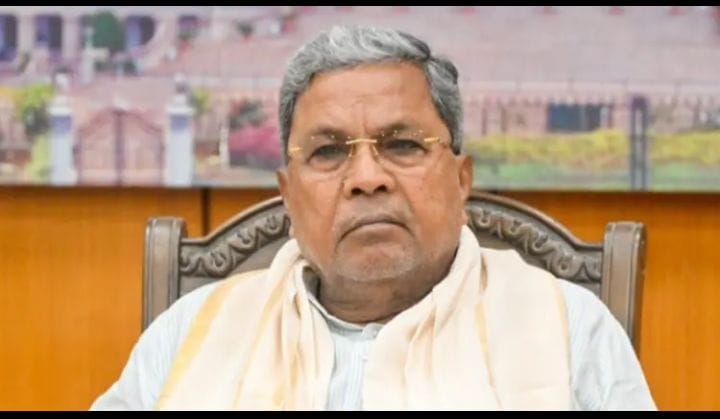A ₹169-crore caste-based survey report prepared by Karnataka’s Backward Classes Commission is set to be tabled today by CM Siddaramaiah in the state cabinet. But before it could even officially be presented, explosive details have allegedly leaked — sparking serious political heat.
What’s the core issue?
Well, the leak suggests that the population numbers of dominant communities like Vokkaligas and Lingayats are shown lower than expected. And that’s not just raising eyebrows — it’s triggering demands for a fresh survey altogether. At the same time, leaders from Dalit and backward class communities want the report made public immediately and enforced without delay.
Where did this all start?
The caste census project actually began in 2015, under the Justice H. Kantharaj-led Backward Classes Commission. It was a massive survey — data collected from across the state between April 11 to May 30, 2015, across 54 different criteria, not just caste. That includes data on education, income, housing, and more — which very few people even talk about.
The compiled data was handed over to the state in sealed covers. In 2023, the government under CM Siddaramaiah directed the commission headed by K. Jayaprakash Hegde to analyze this data and submit the final study — now titled the 2024 Social & Educational Survey Report.

Why is this report important?
Because under the 1995 Backward Classes Commission Act, the government is legally obligated to act on the Commission’s recommendations. This report can potentially reshape reservation quotas, government schemes, and welfare policies across Karnataka. That’s why everyone’s so invested — and divided.
What happens next?
Once the cabinet discusses the full report, it’s likely to be tabled in the Assembly and then released publicly. But due to the leak, and the backlash from some communities, that path may not be smooth at all.
Personally, I think this is a defining moment — if the numbers are truly off, then it has to be corrected. But if the data holds up, then we’re looking at a historic shift in how caste, privilege, and policy are handled in the state.

